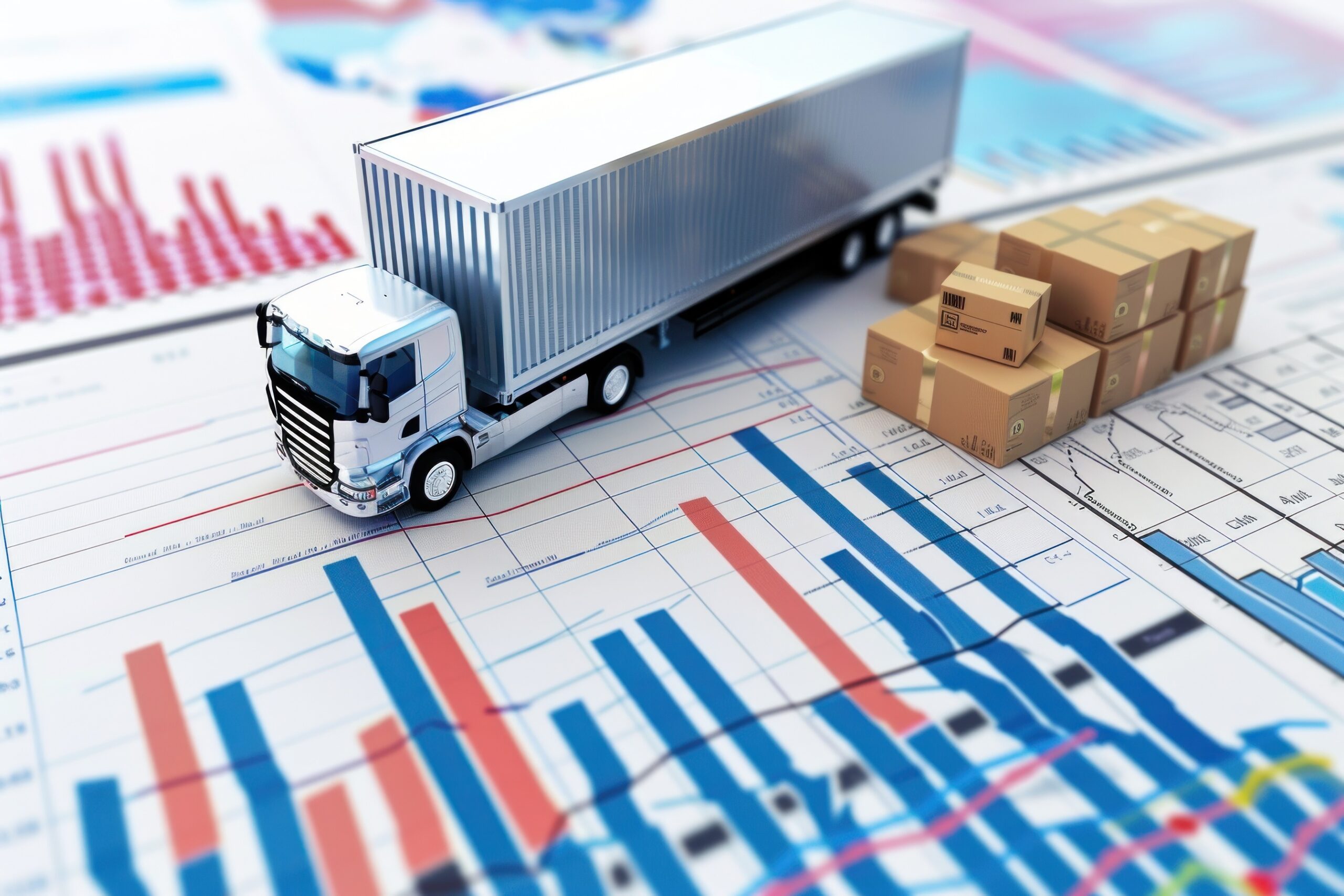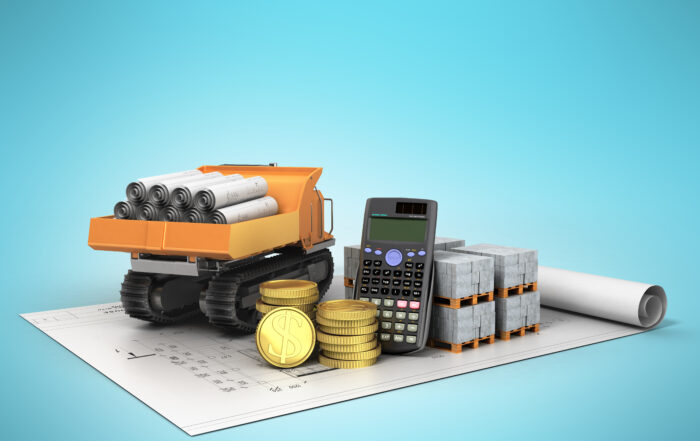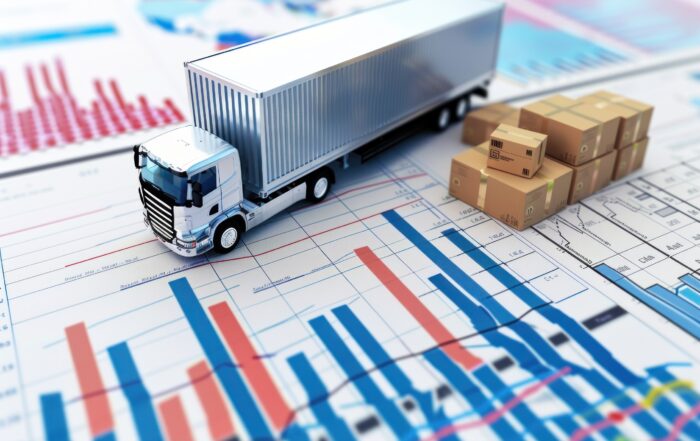Understanding the Costs and Benefits of Freight Factoring for Truckers

If you need a solution to your freight company’s cash flow problems, freight factoring is it. However, before you start sending us your invoices, take a moment to understand the freight factoring costs and benefits. What will you have to pay, and what will you get in return? This quick guide will give you the answers you need.
Introduction to Freight Factoring for Truckers
Freight factoring is a process that involves you, as a freight company owner, selling your accounts receivable to a third-party factoring company like Little Mountain. You then get an immediate cash advance and we collect payment from your customers when it is due. After that, we pay the balance over to you after deducting a small factoring fee.
How Freight Factoring Works and Its Role in Managing Trucking Costs
Freight factoring is a great financial tool that allows trucking companies to bridge cash flow gaps by receiving immediate funds for their invoices. When you sign up for freight factoring, the factoring company pays you a significant portion of the invoice value, often within 24 hours, allowing you to maintain operations without waiting for customer payments. Freight factoring fees can vary depending on the type of freight factoring you choose, as factoring companies typically charge different rates based on factors like the volume of invoices and payment terms. For instance, non-recourse factoring may come with higher rates but removes the risk if the customer doesn’t pay the invoice.
Working with a factoring company that provides lower rates and clear terms is key, as this can help reduce the cost of factoring while keeping cash flowing smoothly. Many factoring companies offer flexible options, including recourse and non-recourse agreements, so you can select the structure that best suits your needs. Though the cost of freight factoring may initially seem high, the benefits of immediate cash flow and the ability to pay on time can outweigh these costs, especially for trucking companies facing fluctuating expenses. By understanding the types of factoring rates and potential extra fees, you can better choose a trucking factoring company that aligns with your financial goals, offering rates that help stabilize and improve your cash flow over time.
Detailed Breakdown of Freight Factoring Costs
With factoring, you enjoy the benefit of receiving immediate cash, rather than having to wait for your customers to pay. What do you have to pay to enjoy this service? Let’s break down the fees that are typically involved with factoring.
Factoring Fees
Factoring companies deduct a small fee from the balances we pay over to our clients. This fee is usually calculated using the dollar volume of factored invoices, and the average number of days it will take to collect payment from your customers. However, pricing structures tend to vary quite widely.
Application Fees
Many (but not all) freight factoring companies will charge a one-time application fee when you first apply to start factoring. This is not always the case, however.
Additional Service Fees
Other fees that you might have to pay include:
- Credit check fees: Your factoring company will not usually run a credit check on you, but they will often run checks on your customers. They may charge you for that process.
- Wire transfer fees: Some factoring companies will charge you for the cost of electronic funds transfers.
- Late fees: Some factors will also charge a late fee under certain circumstances. Your agreement will usually stipulate how and when these are charged.
- Processing fees: Sometimes, you could be charged for the initial administration costs of processing your application.
Not all factoring companies will charge these fees. Make sure you know, upfront, what fees your factor is going to charge.
Hidden Costs to Watch For
Some factoring companies might charge you unexpected fees for things like cancellation or failing to meet the minimum invoice volume. Before you sign a factoring agreement, ask the factoring company to provide you with a full list of its fees and rates. If they plan to charge for items like these, you are better off switching to a factoring company that does not charge those fees and will not surprise you with unexpected bills.
Key Benefits of Freight Factoring for Truckers
Now we have the costs out of the way, let’s have a look at what you stand to gain from factoring your invoices.
Improved Cash Flow
Factoring is merely a way of freeing up the cash you already have in your accounts receivable. Instead of having to wait until your clients pay you, you can now get an immediate cash advance, which will instantly improve your financial position, help you to pay immediate costs, and perhaps even make some key capital investments.
Reduced Financial Stress
Having fast access to cash means you don’t have to worry about missing your bills or letting your accounts go into the red. You can reduce your financial stress and stay focused on your business.
No Debt Incurred
Factoring is not a loan. You will not incur any debt at all, and you will not have to worry about repaying any principal or interest. You are effectively selling your invoices and receiving immediate payment for them. Your accounts will not reflect any debts.
Enhanced Business Stability
Improved cash flow means that your business is more stable. With more money in the bank, you can carry on hauling your loads, maintaining your fleet, paying your staff, and bringing in more work.
Comparing Freight Factoring to Other Financing Options
All other options for financing your cash flow involve debt. In addition, most loans are not that easy to get approved. They take time and quite a lot of paperwork. Since it does not involve resorting to credit, factoring is not a debt. It is also much quicker to get approval and get paid.
Potential Drawbacks of Freight Factoring
We have discussed the costs and benefits of factoring. Now let’s consider some of the potential drawbacks and see how they affect the overall picture.
Cost Considerations
In the long run, factoring usually ends up costing a little more than the debt-based financial solutions offered by banks. Typical rates can range from 1% to 4% per 30 days. For most businesses, this is a price they are prepared to pay for smoother cash flow. You would need to weigh up the costs and the benefits and see what is best for you.
Dependency on Factoring
It is sometimes possible for companies to become over-reliant on invoice factoring, and this could be detrimental to their long-term financial health. Opening up your cash flow is an excellent short-term solution, but it could potentially cover up the real problems, such as poor financial management, or ineffective collection procedures. Factoring is there to help with cash flow, but it is best employed as part of a larger financial plan, rather than a long-term, “fix-all” solution.
Little Mountain is a trusted factoring company that has served the trucking industry for many years. Contact us if you would like to know more about freight factoring costs and benefits, and find out if it is the solution for your company.




